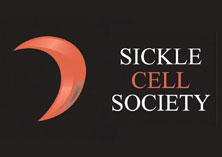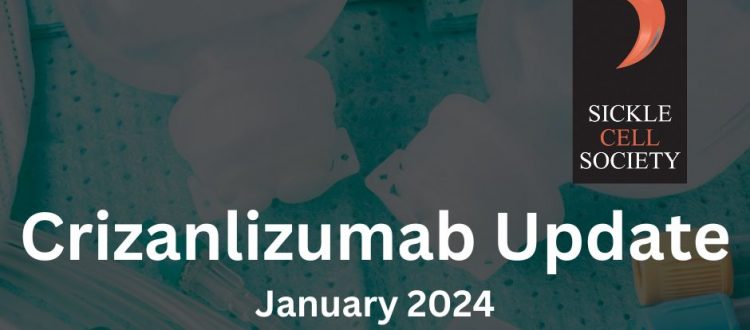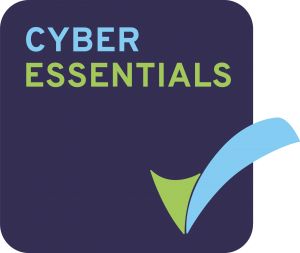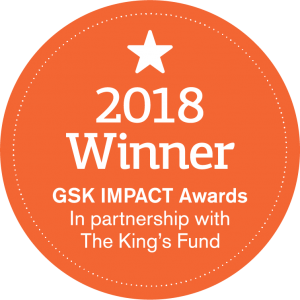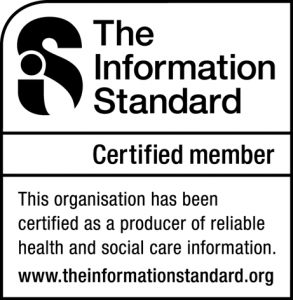Crizanlizumab statement. January 2024
At the Sickle Cell Society, we are all profoundly disappointed by the 10 January decision of the Medicines and Healthcare products Regulatory Agency (MHRA) to withdraw the marketing authorization for Crizanlizumab (Adakveo) which had been a new and promising treatment for people living with sickle cell disorder.
This means that with immediate effect, no new patients will be prescribed Crizanlizumab, and those already on the drug need to discuss treatment options with their Consultant Haematologist.
The news comes as a significant setback for both the patients who have been relying on the drug since its introduction in 2020 and the ongoing efforts to enhance the quality of life for those affected by this condition.
MHRA’s determination that the drug is not sufficiently effective in reducing the number of painful crises in patients is a devastating blow to both people and families living with the condition, and the medical community. No concerns were raised about its safety.
Crizanlizumab had been the first new drug to be introduced in over 20 years for people living with sickle cell disorder, and was available on the NHS through a Managed Access Agreement. Its arrival had sparked optimism, and signalled a hopeful shift from the era of a single option for managing the condition, offering patients renewed hope for improved outcomes.
We acknowledge the commitment of everyone involved with us in supporting, encouraging and championing efforts to increase the chronically limited treatment options for sickle cell disorder. All eyes are now on the National Institute for Health and Care Excellence (NICE) as we await news of whether the only other new therapies approved in decades – Casgevy and Voxelotor– will receive final approval for use in the NHS.
Sickle Cell Society CEO, John James, said :
“Given that sickle cell disorder is currently the fastest growing genetic disorder in the UK, with nearly 300 babies born with the condition each year, it is appalling that we have gone backwards to a reliance on only one licensed NHS treatment.
The concerns we expressed in the ‘No one’s listening’ report, which sheds light on systemic deficiencies in the treatment and care of those affected by sickle cell disorder, includes the lack of access to new disease modifying treatments.
We understand the complexities involved in regulatory decisions, but we also urge for continued research and exploration of alternative solutions to address the unmet needs of patients.
The MHRA decision is a setback, but we remain hopeful for the future.”
FURTHER INFORMATION AND GUIDANCE
Here is a summary from Novartis, who make Crizanlizumab (Adakveo) , in agreement with MHRA. The same information has been sent to healthcare professionals specialising in haematology:
- The Phase III study (STAND) of Adakveo in sickle cell disease patients with vaso-occlusive crises did not confirm its clinical benefit.
- As a consequence, the benefit-risk balance of Adakveo is no longer considered favourable by the MHRA and the conditional marketing authorisation in the UK has been revoked.
- No new patients should be started on Adakveo in the UK. Prescribers should inform patients currently on treatment with Adakveo and discuss alternative disease management options with them.
- Patients currently being treated with Crizanlizumab should refer to their clinicians, who can contact Novartis directly with any queries they may have.
